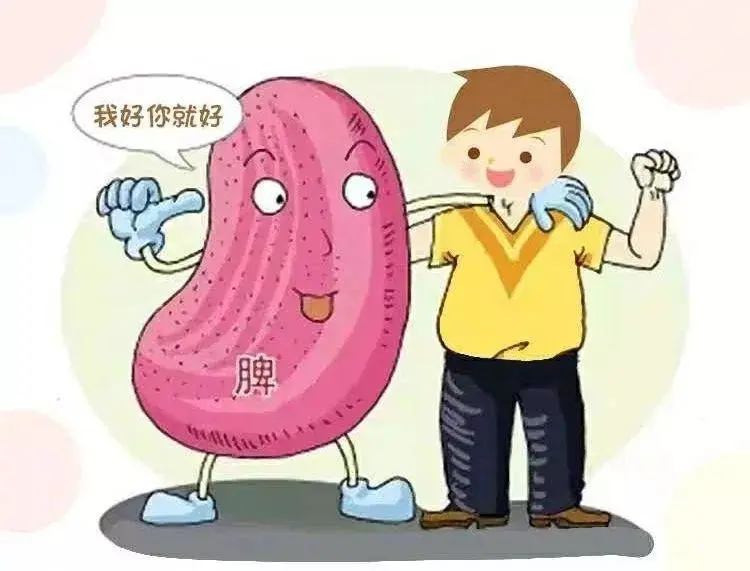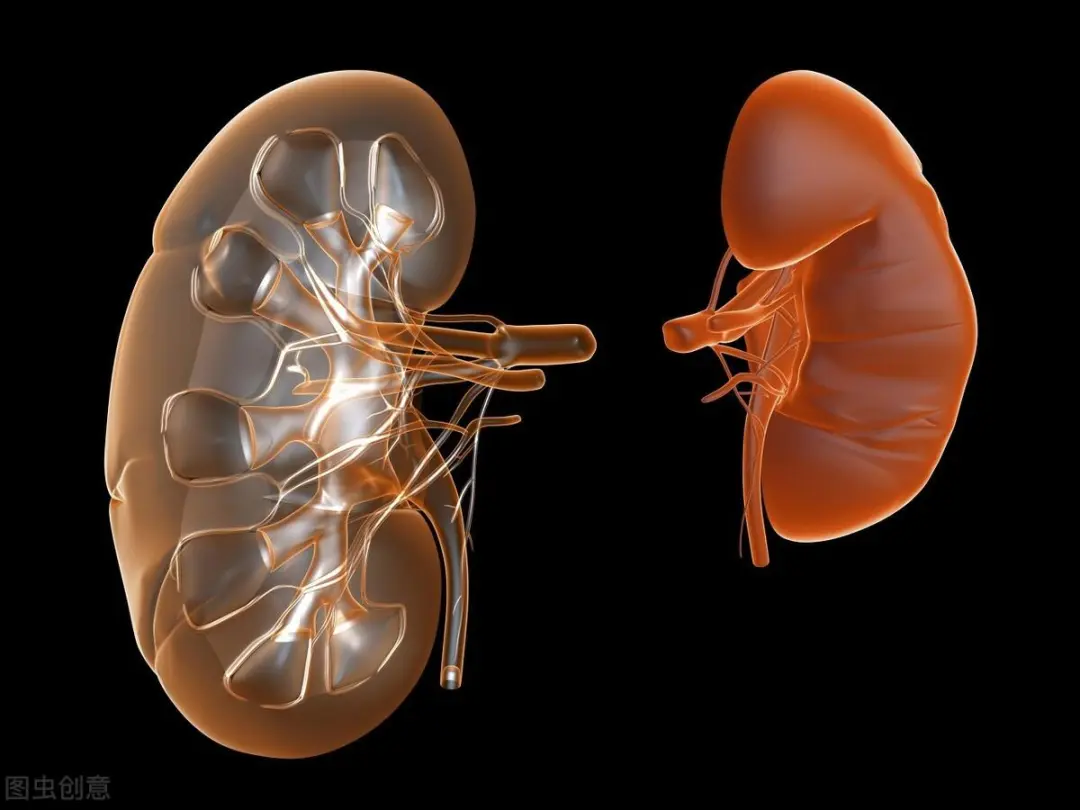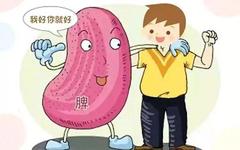When visiting a TCM practitioner, you may often hear the term “Qi deficiency”.
Qi deficiency can be categorized into heart Qi deficiency, spleen Qi deficiency, lung Qi deficiency, and kidney Qi deficiency. Today, I will introduce four TCM formulas that boost Qi, helping you start a vibrant year.
1. Yu Ping Feng Granules
Yu Ping Feng Granules are particularly suitable for those who frequently catch colds.
People who are prone to colds often have lung Qi deficiency, and there may also be a component of spleen Qi deficiency involved. However, it is not necessary to distinguish too clearly here, as Yu Ping Feng Granules can address both.

There is also a layer of Qi on the surface of the body, known as Wei Qi, which acts like a protective barrier against external pathogens. Wei Qi is derived from the refined essence of food and is distributed throughout the body by the lungs.
For individuals with lung Qi deficiency, Wei Qi is difficult to transport to the surface, leaving the pores unprotected and in a state of dilation. This allows external wind and cold pathogens to invade easily, leading to common colds. Additionally, those with lung Qi deficiency tend to sweat excessively; even slight activity can result in profuse sweating.
Yu Ping Feng Granules utilize Fang Feng (Siler) to dispel wind, while Huang Qi (Astragalus) and Bai Zhu (White Atractylodes) strengthen the spleen and lung Qi. After taking it, a defensive layer is established on your body surface, preventing external wind and cold from entering while retaining internal fluids.
It is important to note that this medicine should not be taken during a cold, as Huang Qi has a protective effect on the surface. In simple terms, it closes the pores, similar to locking the door when a thief is inside. Trying to protect the surface after catching a cold is akin to “closing the door to the thief”; at this point, one should release the exterior and open the pores to expel the pathogenic factors. Therefore, do not take it if you already have a cold.
Primary target population: Those who frequently catch colds, experience excessive sweating, or are prone to allergies during seasonal changes.

2. Bu Zhong Yi Qi Wan
“Bu Zhong” refers to the spleen and stomach, meaning to tonify the spleen and stomach.
A primary characteristic of spleen Qi deficiency is lethargy—not true laziness, but rather a result of spleen deficiency. The spleen governs the limbs, and when the spleen and stomach are sluggish, one feels fatigued and disinclined to move. Even when standing or sitting, one often seeks support, and walking can feel heavy, leading to rapid wear on new shoes.
Individuals with spleen Qi deficiency may also experience abdominal distension and diarrhea. Abdominal distension occurs because the spleen struggles to transform food, causing undigested food to stagnate in the body, leading to discomfort. Diarrhea results from the inability to retain ingested food, causing it to pass through too quickly.
Severe spleen Qi deficiency is termed “Qi sinking” or “middle Qi sinking”. This is akin to a flat tire that cannot support the weight of the vehicle. This Qi supports our appearance and the function of our internal organs. As people age, facial muscles may sag, while children have firm and plump muscles due to sufficient blood and Qi.
When Qi is severely depleted, organs such as the stomach, uterus, large intestine, and small intestine may also sag. The “Huang Di Nei Jing” states that “what sinks must be lifted”. Bu Zhong Yi Qi Wan not only replenishes Qi but also helps lift it.
Primary target population: Those who easily feel fatigued, speak weakly, experience abdominal distension or diarrhea after eating, or have prolapse of the rectum or internal organs.

Lin Zhi Peach Blossom
3. Sheng Mai Yin
Some individuals may feel energetic in winter but become extremely fatigued in summer, which is a typical sign of heart Qi deficiency.
As the saying goes, “In summer, one may feel three parts deficient even without illness.” Even normal individuals may feel tired and lack energy.
Summer Qi is closely related to the heart, and summer is particularly depleting for heart Qi, which exacerbates the condition for those with heart Qi deficiency. Additionally, the hot summer weather leads to increased sweating; sweat is considered the fluid of the heart, and excessive sweating can deplete heart blood. If sweating is excessive, it can harm heart blood, resulting in both Qi and Yin deficiency.
When the heart lacks both Qi and blood, it becomes restless, leading to palpitations and potentially irregular heart rhythms upon examination.
At this time, Sheng Mai Yin is particularly effective.
Sheng Mai Yin simultaneously tonifies Qi and Yin, with Ren Shen (Ginseng) boosting Qi, Mai Dong (Ophiopogon) nourishing Yin, and Wu Wei Zi (Schisandra) acting like a large net to retain the essence being replenished, preventing loss. After taking it, it can strengthen the heart’s pulse.
Primary target population: Those with both Qi and Yin deficiency, especially in summer when they feel fatigued, sweat excessively, and experience dry mouth, palpitations, and shortness of breath.

4. Jin Gui Shen Qi Wan
As the name suggests, Jin Gui Shen Qi Wan primarily tonifies kidney Qi.
When discussing kidney deficiency, people often think of kidney Yin deficiency or kidney Yang deficiency, but what about kidney Qi deficiency?
The most notable feature of kidney Qi deficiency is shortness of breath or insufficient Qi. Additionally, the kidneys govern storage, and this function is primarily achieved through kidney Qi. Therefore, kidney Qi deficiency is characterized by “leakage”. For example, frequent urination, diarrhea, nocturnal emissions in men, and clear, copious vaginal discharge in women.
The kidneys govern bones, and individuals with kidney Qi deficiency may experience soreness in the lower back and knees. The kidneys open to the ears, and those with kidney Qi deficiency may hear a constant ringing in their ears. The kidneys manifest in hair, and those with kidney Qi deficiency may experience significant hair loss.
So how do we tonify kidney Qi? The approach to tonifying kidney Qi is similar to that of tonifying kidney Yang, as there are many similarities between kidney Qi deficiency and kidney Yang deficiency. Kidney Yang deficiency occurs on the basis of kidney Qi deficiency, compounded by cold pathogens, leading to a series of symptoms such as aversion to wind and cold.
The treatment method involves using Liu Wei Di Huang Wan to nourish Yin, along with Gui Zhi (Cinnamon Twig) and Fu Zi (Aconite) to tonify Yang. The dosage should not be excessive, as too much can exacerbate Qi deficiency symptoms. The combination of these two approaches gives rise to the essence of Jin Gui Shen Qi Wan.
Primary target population: Those who feel fatigued, experience shortness of breath, and have lower back pain or tinnitus.
At this point, some may wonder what to do if both spleen deficiency and kidney deficiency are present. One can take Bu Zhong Yi Qi Wan in the morning and Jin Gui Shen Qi Wan in the evening. If there is a concern about excessive heat, take it with light salt water before meals.
That concludes today’s sharing. Thank you for watching, and see you next time.
- More exciting recommendations:
- For excessive liver fire, do not use Long Dan Cao Pian; this is better for clearing the liver and warming the stomach, effectively addressing hepatitis, gastritis, and esophagitis.
- For neck pain and shoulder numbness, it is due to blood stagnation; three herbs can tonify and alleviate urgency, considered classic.
- Four types of pills for tinnitus are all here, improving stubborn tinnitus over the years.
- Save this! TCM treatments for lumbar muscle strain and back pain, with ten available formulas.
- For liver Qi stagnation and insomnia, how to reasonably select medications?

